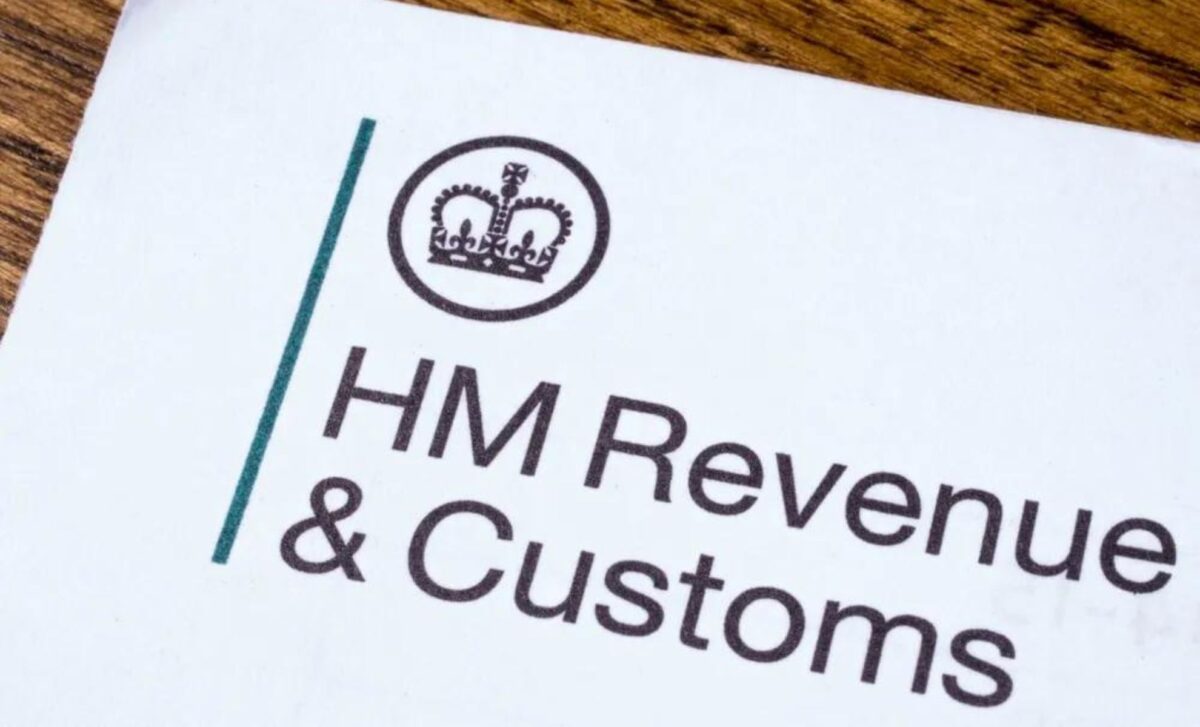As online sales, freelance work, and social media-based side hustles continue to grow, the HMRC has issued an important update for individuals earning money through these platforms. While many people may assume that income generated through platforms like eBay, Etsy, or even social media accounts doesn’t trigger tax obligations, the HMRC has made it clear that this isn’t always the case. Whether you’re selling personal items occasionally or running a consistent online business, it’s important to understand your tax responsibilities.
The new guidelines emphasize the need for individuals to report income received from online marketplaces or social media platforms—even if you don’t believe it’s taxable. Understanding when these income streams must be reported is crucial to avoiding potential penalties.
Understanding the New HMRC Guidelines for Online Sales
The latest HMRC guidance explains that any income from selling goods through online marketplaces or social media may need to be reported. Even if the income is not taxable, you may still be required to inform HMRC about it. This applies whether the income is your main source of earnings or an additional source from what is commonly known as a side hustle.
The new HMRC guidance states:
“You may need to tell HMRC if you receive income through an online marketplace or social media, even if you do not need to pay tax on it. This could be whether it’s your main source of income or an additional source — sometimes called a ‘side hustle.’”
This development reflects the growing number of individuals turning to online platforms for income and the increasing complexity of the digital economy. Many people are unaware that their casual sales or side income can still be subject to regulations, even if they don’t owe taxes on that income.
When Do You Need to Pay Tax on Personal Possessions?
For individuals selling personal possessions online, one of the main concerns is whether or not such sales trigger Income Tax obligations. The good news for casual sellers is that HMRC clarifies that selling personal possessions typically does not require you to pay Income Tax. However, it’s not that simple for all sales—especially if the items you sell are of significant value.
As per the latest guidance, HMRC explains:
“If you’re only selling personal possessions, you’ll probably not have to pay Income Tax on these. However, depending on the items you sell and how much you sell them for, you may need to pay Capital Gains Tax. This applies to selling personal possessions where the item is worth more than £6,000.”
If you’re selling high-value items like collectibles, art, or luxury goods, you may find yourself liable for Capital Gains Tax. This tax comes into play when the sale of personal items exceeds £6,000 and results in a profit.
Key Points to Consider for Online Sellers
It’s crucial to understand the guidelines that apply to personal sales, especially if you’re selling valuable items. Here are some important points from HMRC‘s latest update:
- Income Tax: Generally, you won’t need to pay Income Tax on the sale of personal possessions unless you are operating as a business, selling goods regularly, or profiting significantly from your sales.
- Capital Gains Tax: If the personal possession you are selling is worth over £6,000 and you sell it for more than what you paid, you could be liable to pay Capital Gains Tax on the profit.
- Selling Personal Items: If you sell items that were originally purchased for personal use, you are usually exempt from
- Income Tax. However, if these items increase in value and you make a profit, you could be subject to Capital Gains Tax.
- Document Your Sales: It’s always a good idea to keep a record of any sales, especially if you are selling items that could cross the £6,000 threshold. If you need to report your earnings, clear documentation will help you stay compliant.
Freelancers and Side Hustlers: Understanding Your Tax Obligations
Many individuals operate side hustles or freelance businesses through online platforms like Instagram, TikTok, or Etsy. While the income may not always be large, it can still trigger tax reporting requirements. The HMRC is particularly focused on ensuring that people understand when they need to report additional income, even if that income is not immediately taxable.
Freelancers who earn money through their skills, products, or services are often unaware that they must report income, even if it’s sporadic. Understanding the rules is crucial in avoiding any issues with HMRC.
For online freelancers and side hustlers, here are some essential guidelines:
- Track Earnings: Always track your income, even if it comes from casual freelance work. The HMRC will expect accurate reports if your income crosses certain thresholds.
- Report Online Earnings: If you earn money via freelance services on social media or through online platforms, report that income to HMRC, even if it’s from occasional jobs or side gigs.
- Understand When You’re Operating a Business: If you regularly sell products or services and make a consistent profit, you may be classified as running a business. This has different tax implications than selling personal items occasionally.
Avoiding Penalties: How to Stay Compliant with HMRC
While it’s easy to overlook small amounts of income earned from selling items or side hustles, it’s important to ensure you’re in full compliance with tax laws. The HMRC‘s updated guidelines aim to help people avoid issues with tax payments. The government is cracking down on unreported earnings, and failure to declare could result in fines or other penalties.
To stay compliant, you should:
- Keep Detailed Records: Make sure you document every sale, including the price and any profits made. This is especially important for high-value items that could trigger Capital Gains Tax.
- Report Earnings Regularly: Even if you’re not sure whether your income is taxable, it’s better to report it to HMRC rather than risk failing to comply.
- Consult a Tax Expert: If you’re unsure about your tax responsibilities, consulting a tax professional can help you navigate complex situations and ensure you’re following the correct procedures.









